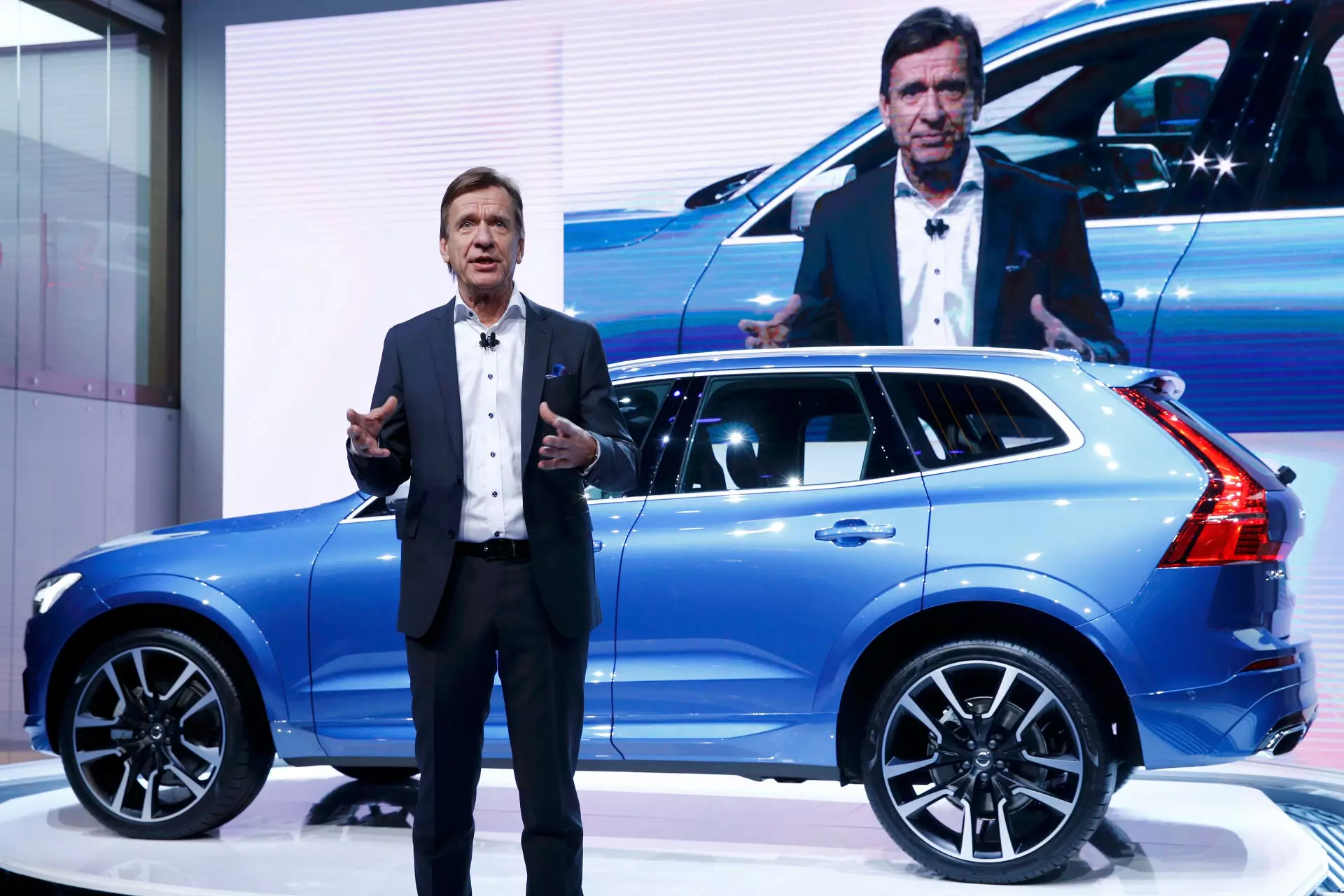The Volvo range renewal process, which is still ongoing, included the presentation of new generations of its petrol and diesel engines. Håkan Samuelsson, in an interview with the Frankfurter Allgemeine Zeitung, commented on the future of his mechanics: “from the current point of view, we are not going to develop another generation of diesel engines.”
The reasons are, above all, linked to the increasing costs associated with the reduction of nitrogen oxide (NOx) emissions.
The Swedish brand will launch its first 100% electric model as early as 2019.
After knowing their statements, apparently definitive, Volvo and Samuelsson issued others putting some “water on the boil”. Statements that suggest that options are still being discussed, rather than following an already defined plan.

In later statements sent to Reuters, Sammuelson noted that “we have just launched a new generation of gasoline and diesel engines, highlighting our commitment to this technology. As a result, a decision on the development of a new generation of diesel engines is not necessary.”
Diesel is still key to reducing emissions
The Swedish brand has previously recognized that over the next few years Diesel will play a crucial role in reducing CO2 emissions, as imposed by the European Union. The current generation of models, already designed with future rules on emissions in mind, will continue to evolve until at least 2023.
But 2020 seems to be the pivotal year. New emission standards will come into force – Euro 6d -, where the cost of developing and producing engines that comply with them will rise significantly, to the point of becoming unfeasible for the manufacturer.
Hybrid and electrical technology, however, is taking a reverse path when it comes to costs. It is expected that in the space of a few years the PHEV (Plug In Hybrid Electric Vehicle) technology will be able to be comparable in cost to current diesel engines.
Currently, Volvo already offers hybrid versions of some of its models. But Diesel dependence remains quite high. In Europe, 90% of Volvo XC90s sold are Diesel.
The bet on hybrids will be to maintain, also expanding to fully electric vehicles. The Swedish brand will launch its first 100% electric model as early as 2019.
